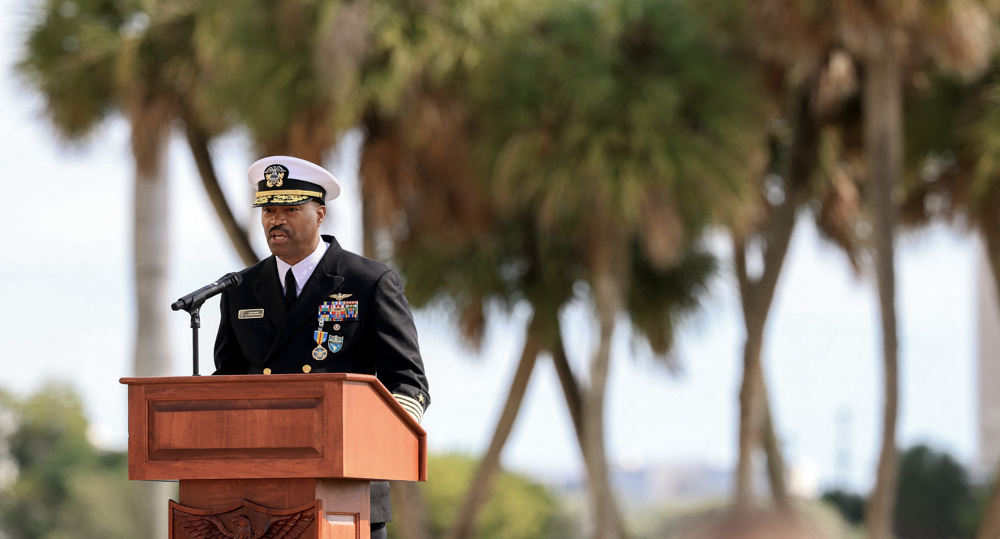US will not change policy toward Iran: Academic
Press TV has conducted an interview with Mohammad Marandi, a professor at the University of Tehran, to ask for his take regarding the recent remarks by Iranian Foreign Minister Mohammad Javad Zarif.
What follows is a rough transcription of the interview.
Press TV: Let’s start off with the recent comments made by Iranian Foreign Minister Mohammad Javad Zarif that Iran’s defense industry is absolutely non-negotiable.
Marandi: Well, I think it is obvious [that] the Iranians have no option but to continue to develop their defense industry. The United States repeatedly threatened Iran with military strike and sort of the Israeli regime. And it is also a fact that the Iranian military’s defense capability is to a large degree what has prevented Syria and Iraq from falling into the hand of extremists. So it is both for regional reasons and for the stability of the region as well as for Iran’s own national security that Iran will continue to develop a host of capabilities, including the missile defense capability...to meet the needs of Iran in years to come.
Press TV: Also Foreign Minister Zarif stated that, “Tehran is closely monitoring the terms of the JCPOA agreement”, warning that Iran has already devised appropriate responses for any possible violations of the accord. Could you talk to us about some of those possible responses that Iran could give?
Marandi: Well, I am not familiar with the decisions taken by the Supreme National Security Council. But what is obvious is that the Iranians would be very naive to think that the United States will automatically comply with the agreement and abide by its side of the bargain. So it is only reasonable for the Supreme National Security Council to have measures in place in case the United States takes the wrong sort of move and did not abide by the side of the agreement.
I think this is of course something that must…that needs to have the doubt, but also I think by saying this; the foreign ministry is sending a message to the United States that it is better for them to …road.
Press TV: Since the inception of the JCPOA and the subsequent implementation which took place just a few days ago, there have been a number of anti-Iran resolutions being passed in Congress. Who is pushing for these resolutions and who is benefiting the most from them?
Marandi: Well, obviously, Iran’s main antagonists in this region are the Saudis and Israelis who have basically been working together for years now to create tension and also to create division and between Iran and different international partners that Iran has. But inside the United States itself, you have both the pro-Zionist lobby and you have the Republicans; there are also a host of many so-called Democrats. I would say the political establishment in the United States is on the whole hostile... .I think it would be a mistake for anyone to believe that US policy has changed toward Iran. Many of the sanctions that had been imposed have been imposed by the government itself, the recent sanctions by the Treasury and also the visa restrictions that were passed awhile backward supported by the president.
So, in general, I think it is important for Iranians to be cautious about US intentions and not to be misled by the notion that there is a faction inside the US political regime that is somehow sympathetic to Iran. That is a myth!
Yemen rallies against Qur'an desecration as tens of thousands march in Sa’ada
‘Grotesque colonial fantasy’: Venezuela's UN envoy hits back at Trump over oil remarks
Farmers say EU leaders ‘don’t care’ about real problems
Iran unveils advanced simulator covering 300 civilian, military ships
VIDEO | Press TV's news headlines
VIDEO | International Migrants Day: Protest in Paris against racism, state policies
Israeli violations against Syria pose ‘direct threat’ to regional security: Iran
VIDEO | Venezuela condemns Trump’s latest colonialist statements












 This makes it easy to access the Press TV website
This makes it easy to access the Press TV website